JD Power Vehicle Dependability: Winners and Losers
JD Power - that perpetual thorn in the side of miscreant carmakers releases its 2021 Vehicle Dependability Study. Usual suspects at each end of the field.
Doesn’t the car industry love it? Having its dirty laundry oxygenated independently in this way. The Vehicle Dependability Study is a ‘US market’ thing, in its 32nd year.
But it is relevant to us here in Australia, at least in the context of the brands available here. I feel oddly validated by it, frankly.
It measures the number of problems per 100 vehicles, which, in JD Power-speak, is called the PP100. That’s just what they call it.
The PP100 is for three-year-old vehicles, over the past 12 months, meaning that essentially it’s problems from 2020 for 2018 vehicles, that kinda of thing.
The smaller the PP number the less of a shitbox. The study covers 177 problems grouped into eight major vehicle categories. Skip down for trash-talking of the dud brands (especially Electric Jesus, who seems to have screwed the pooch on PP).
For context, the JD PP categories are:
Infotainment and nav, powertrain, exterior, interior, features, controls and displays, driving experience, HVAC, and seats. Basically all the critical areas in which that car of your dreams can take a great, steaming dump upon your attraction to it.
A dude in a suit from JD Power said:
That’s Dave Sargent, the global automotive VP at JD. And I agree, dude. It’s not much fun driving four four hours down the freeway with the Bluetooth dropping out every 10 kays, or some fault code that the dealership just can’t extinguish for good. It’s just not.
This kind of thing affects people.
My AutoExpert AFFORDABLE ROADSIDE ASSISTANCE PACKAGE
If you’re sick of paying through the neck for roadside assistance I’ve teamed up with 24/7 to offer AutoExpert readers nationwide roadside assistance from just $69 annually, plus there’s NO JOINING FEE
Full details here >>
Brand Power
JD’s VP David Sargent again there. I couldn’t agree more. Tech in cars can be such a pain in the arse, metaphorically. Automotive relationships are broken in the service department, when apathy and incompetence collide. Such a shame. I’m looking at you, Land Rover, Jeep, Alfa Romeo, Tesla…
However, looking at this in the context of being glass-half-full, JD Power said that despite some recalcitrant shitboxes in the market (I’m paraphrasing) vehicle dependability had reached a new high this year. So that’s positive.
The JD report added that US domestic shitboxes (again I’m paraphrasing) were less dependable than Asian brands. US brands have an average PP (such an unfortunate term) of 126 problems per 100 vehicles. Asian brands had a somewhat smaller PP of 115. And, of those, Hyundai, Kia and Genesis managed a combined average PP score of just 99.
Those of you who doubt my assertion that Hyundai-Kia is equal to, or in some cases, has actually overtaken, Japanese carmakers, should note the numbers. PP 99 for Hyundai/Kia/Genesis (combined average). 118 for the Japanese. 131 for the Europeans.
Next time you fringe dwellers, in the comments, care to accuse me of being pro-South Korean cars, or even biased, I would retort: Yeah, dude. I am quite biased.
What matters of course, with bias, is what informs that bias. If it’s a brown envelope full of cash under the table, or a fat advertising contract, that’s kinda bad.
But if I’m biased towards Asian brands generally because they’re a better deal for mainstream consumers, based on objective data, anecdotal evidence and corroborating studies such as this one - shoot me. Guilty as charged, dude.
I don’t have any commercial relationship with any carmaker. So there’s that. You want to inflict a Volkswagen upon yourself, knock yourself out. Happy to help.
In particular the Euro dependability result is fascinating. What you get with a premium Euro car is cachet, not dependability. That’s pretty clear. Certainly not better value (unless you spend about $100,000 or more). Sometimes you might get superior driving dynamics. But if you really think Euro cars are built better, you are living in the past. That’s a fantasy.
BRANDS YOU CAN TRUST:
Mitsubishi’s Australian SUV range update: Should you buy now? >>
Will Hyundai-Kia’s Genesis premium car brand succeed? >>
Best mainstream new cars - market update for intending buyers >>
2020 Ute Market Buyer's Guide >>
Should you buy a Mazda in 2020? >>
2019 New Car Market Winners & Losers: Not much has changed for 2021 >>
Heroes and Villains
Lexus was the top-performing luxury brand, with a microscopic PP of just 81 - Genesis was next on 102, then BMW on 108, with the three-pronged suppository (unsurprisingly, perhaps) fighting something of a rear-guard action with a PP of 122 and four-ringed Volkswagen not even really in the race on 127.
Industry average: 121. Mazda and Mitsubishi are both brands I routinely recommend here in ‘Straya. Mazda bang-on average for PP, at 121, and Mitsubishi just ahead of the PP curve on 116. Subaru, slightly below average on 125. Subaru is of course exceptionally good at customer care here.
Also unsurprising was the large PP end of the field, proving, possibly, once and for all that size really does matter, although it’s an inversely proportional relationship if you know what’s good for you (as a car buyer):
You’ll note a big jump in PP for the bottom six brands. Volkswagen, with a nice, fat PP of 163, Chrysler on 166, Jaguar (from India with love, but not necessarily dependability) with a PP of 186 virtually blocking out the sun.
Alfa-Romeo continues to flaunt quite the substantial PP - 196 - almost the ‘two-for-one defect diet meal deal’, right there. (Missed it by that much.)
But unsurprisingly it was Land Rover which took the JD Power 2021 ‘Ron Jeremy’ trophy (they don’t call it that). With a brutally large PP of 244 - that’s massive, any way you look at it. And that’s without the inevitable bump from the new Defender we’ll almost certainly see reflected in the results in 2024. Can’t wait for that.
Only one brand is missing from the big, black and barking end of the JD PP dependability spectrum: My very good friends at Tesla, who apparently still haven’t figured out how to make a dependable car, despite a P/E ratio of a billion to one, by virtue of market capitalisation you can see from Mars.
JD Power profiled Tesla for the first time this year, entertainingly, and while the results might offend worshippers at the Church of Electric Jesus, they don’t surprise me particularly.
Let’s not forget that even in China - humanity’s last bastion of affordable mass-production - even in China, this year, four government regulatory agencies - the ministries of transportation, industry, cybersecurity and emergency management - have spearheaded a formal sit-down with Tesla to discuss (quote-unquote) “quality issues”.
You know it’s time to have a long, hard look at your production line when the Chinese Government is prepared to accuse you, publicly, of poor-quality manufacturing. That’s all I’m saying.
Officially Tesla doesn’t fit the JD Power PP ranking criteria because the cult of Musk did not grant JD Power the authority to survey Tesla owners in 15 US states, where it’s required. On this, JD Power says:
And that result was, frankly, terrible. With a substantial PP of 176, Tesla finds itself the rookie, inelegantly sandwiched between Chrysler and Jaguar.
That’s a most unattractive three-way of chronic poor dependability that even someone such as myself, who prides himself on the robustness of his constitution.
That’s a trio of grotesquely over-sized JD Power PPs from which even someone such as he, must avert his eyes, lest he never fully recover. Google JD Power 2021 Vehicle Dependability Study - and don’t say I didn’t warn you.
BRANDS TO AVOID
Tesla under fire from Feds after failing to recall almost 160,000 cars >>
Don't buy a Land Rover in 2021: here’s why >>
Mercedes-Benz fails 'customer care' test over COMAND online system - AGAIN >>
Alfa Romeo news: Guilia safety pack misses out on life-raft >>
Should you consider buying a Jeep in 2020 or 2021? >>
The terrible and unexpected cost of Nissan Leaf ownership >>





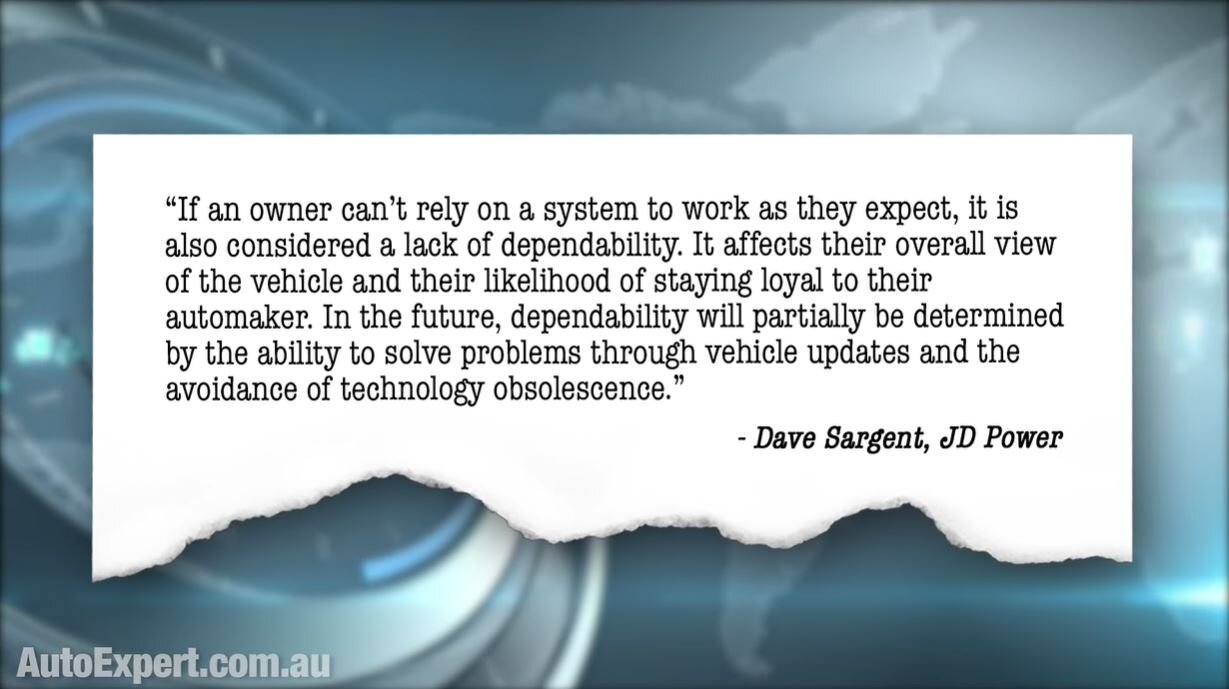

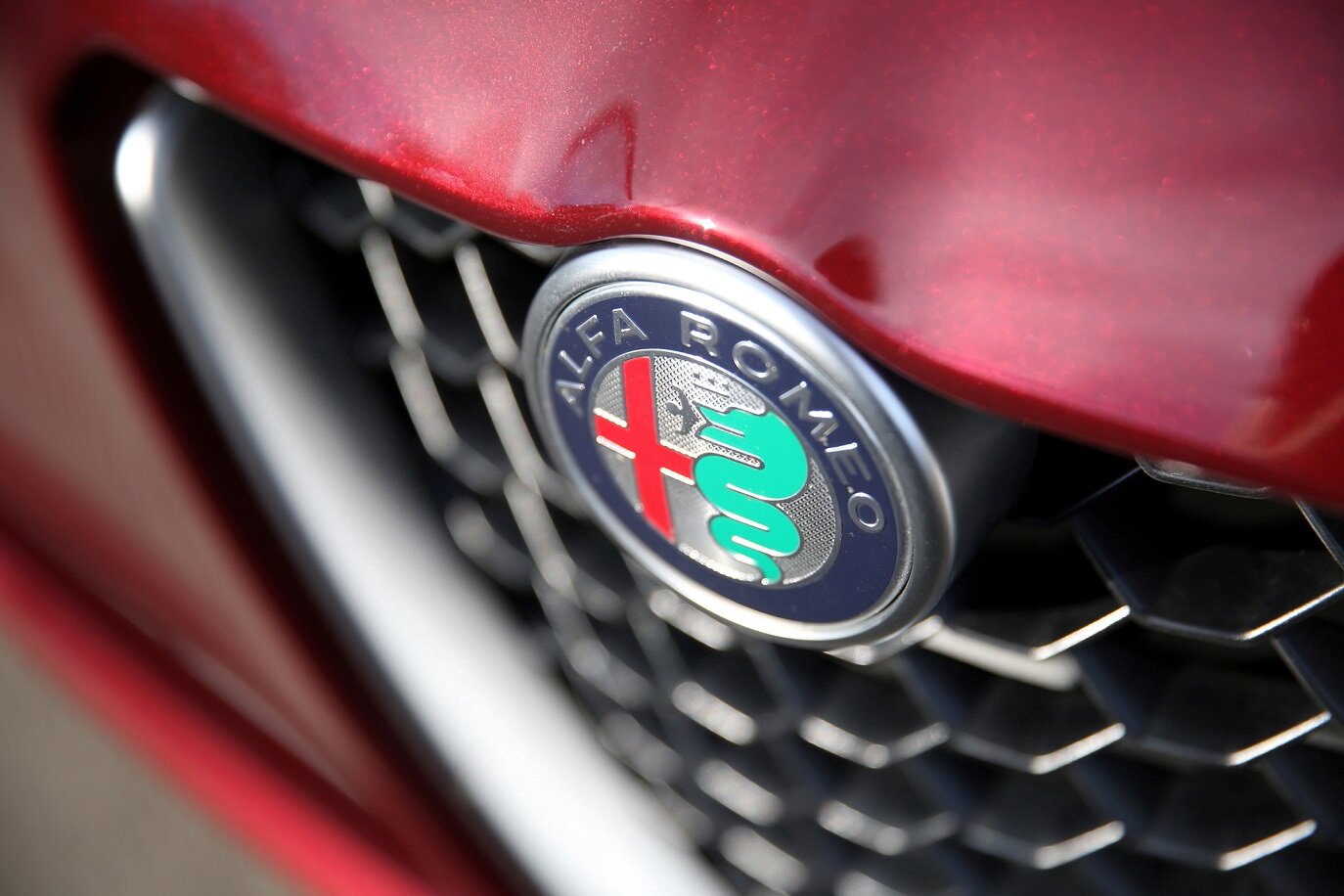
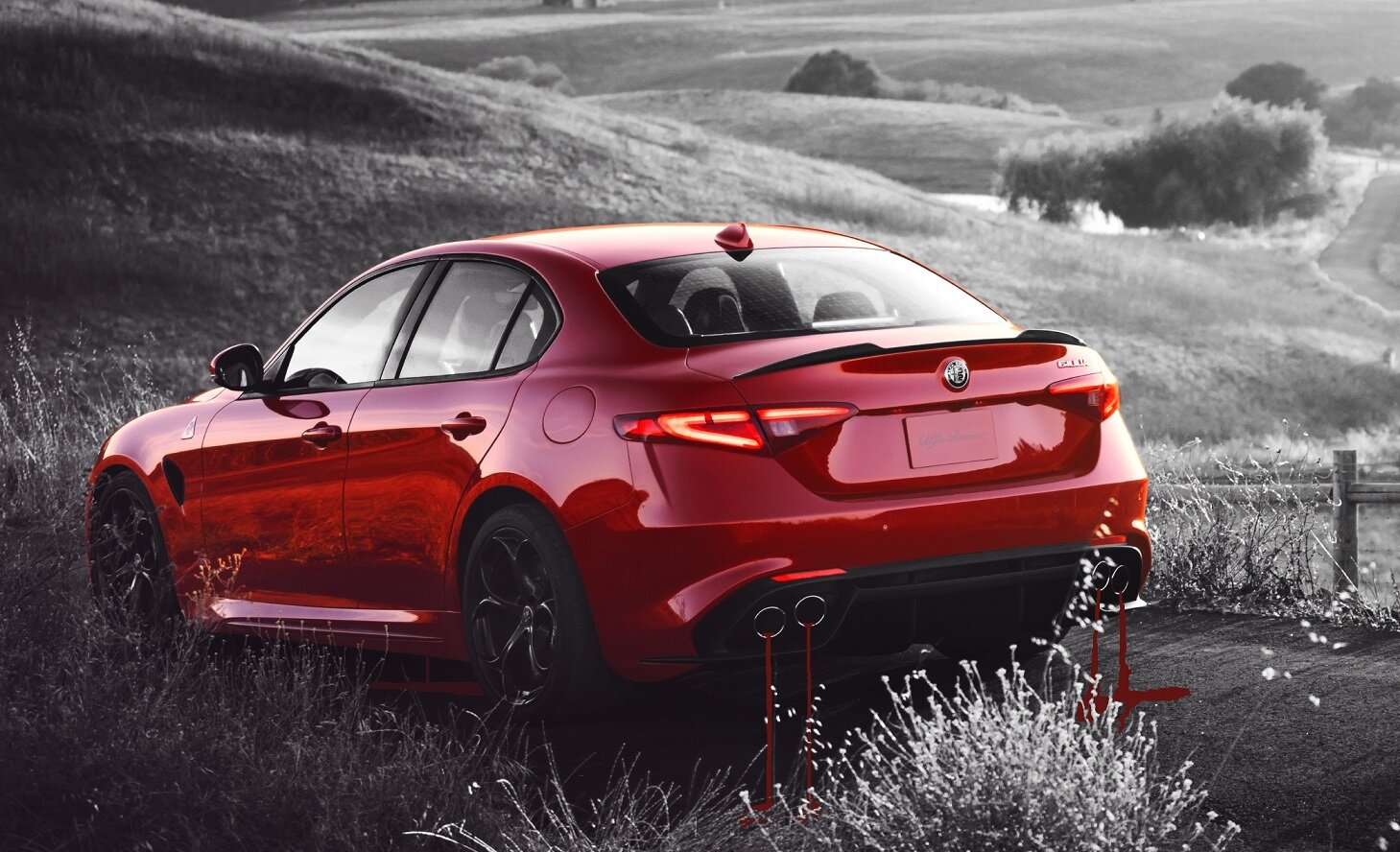


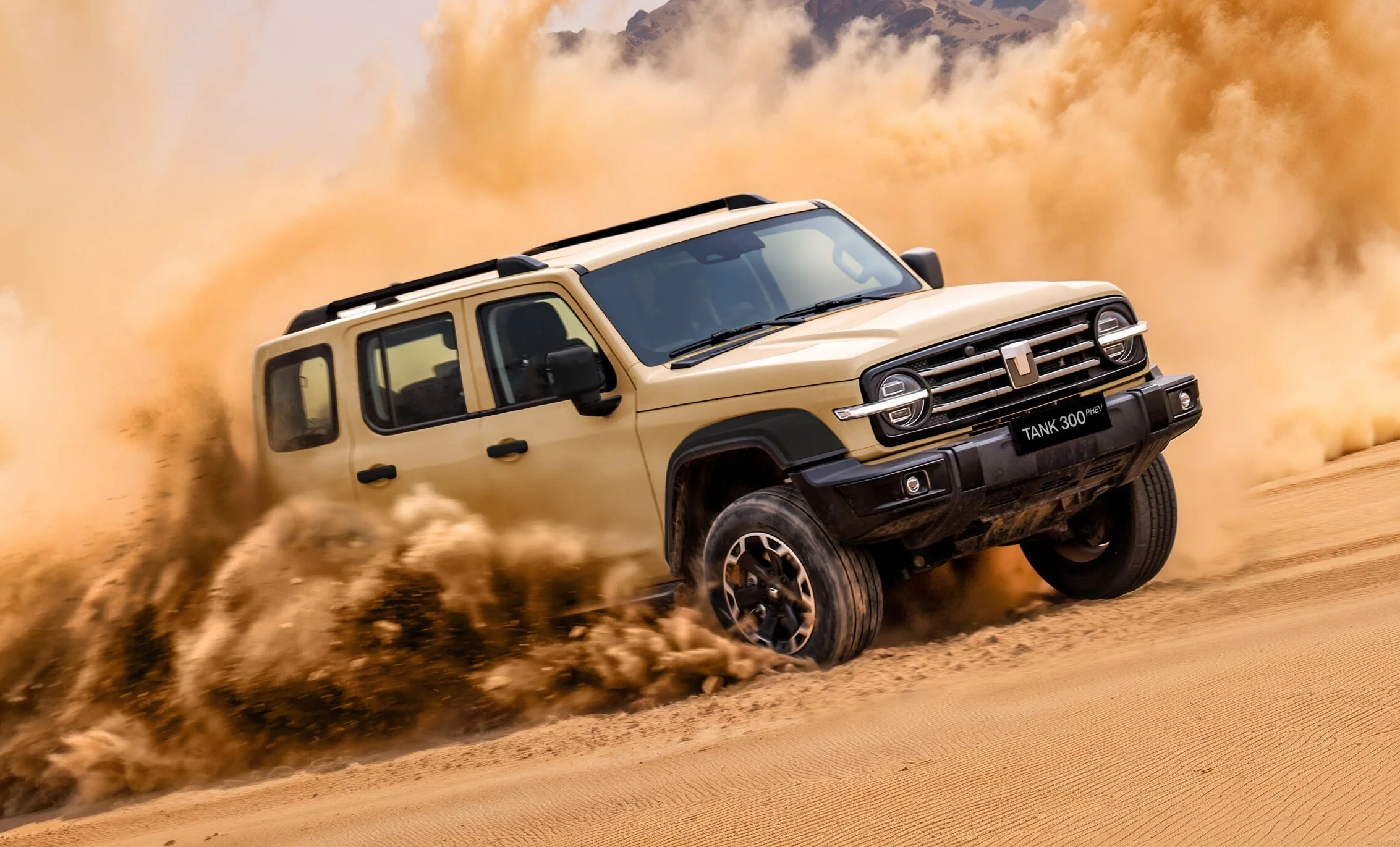


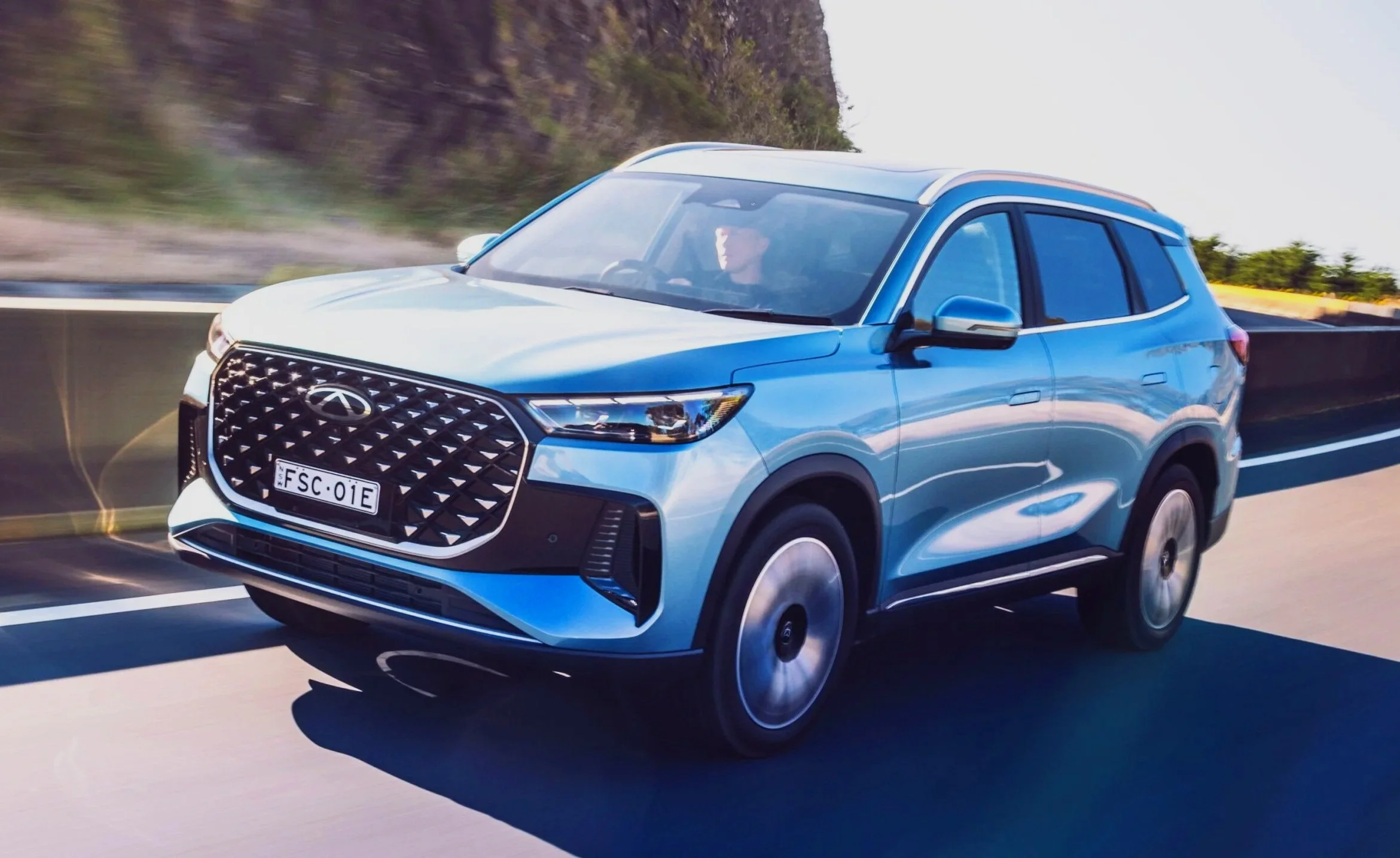
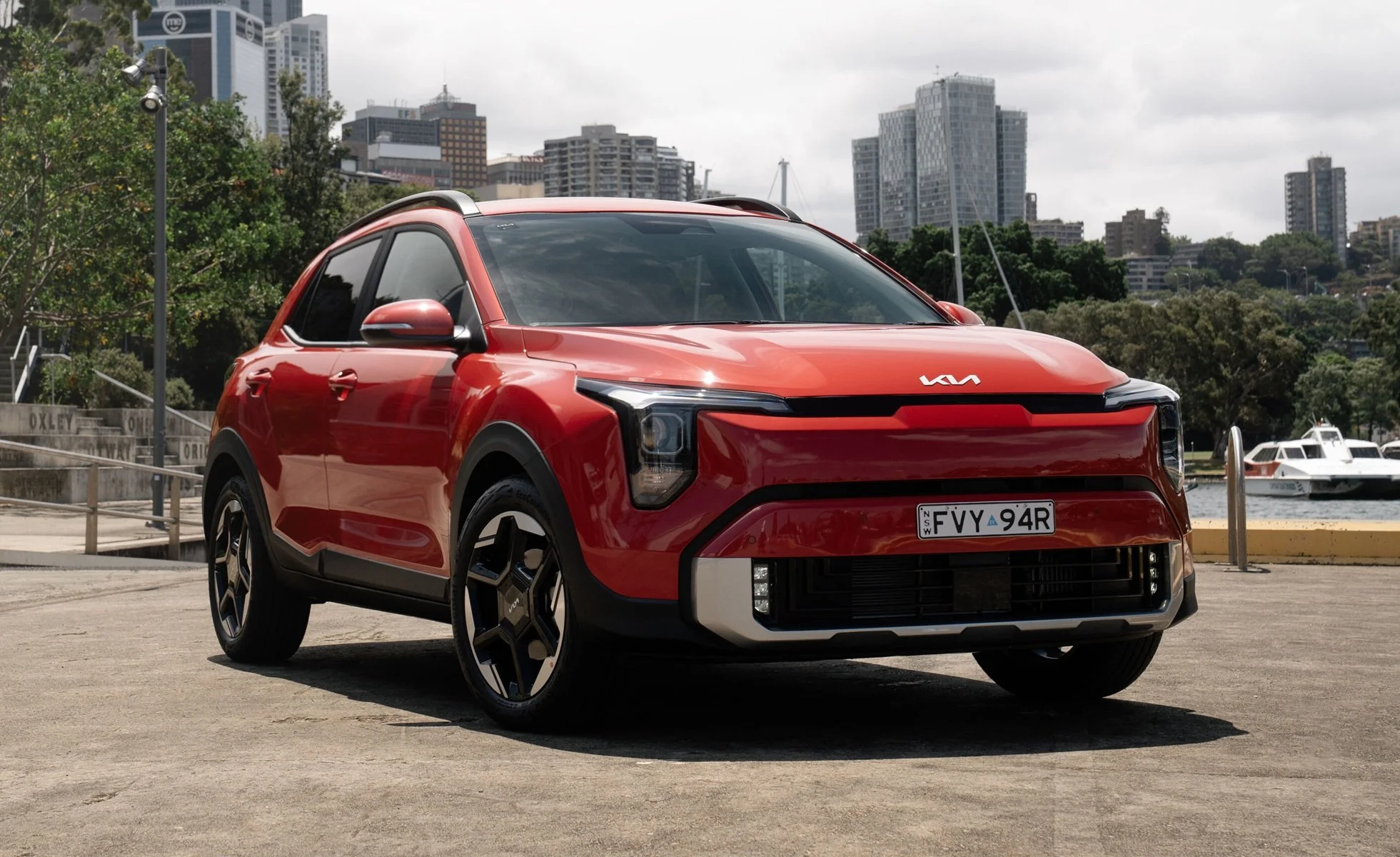
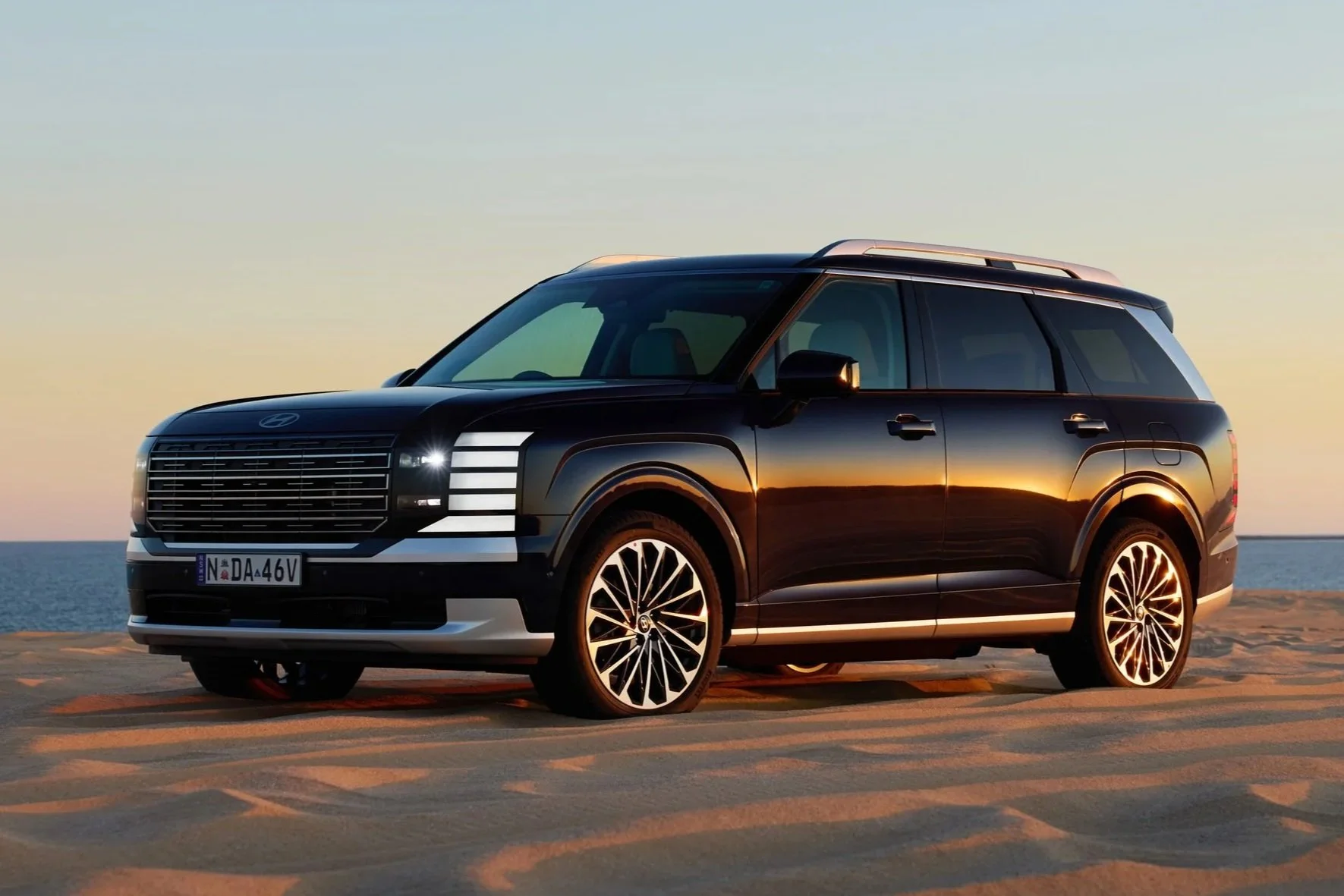
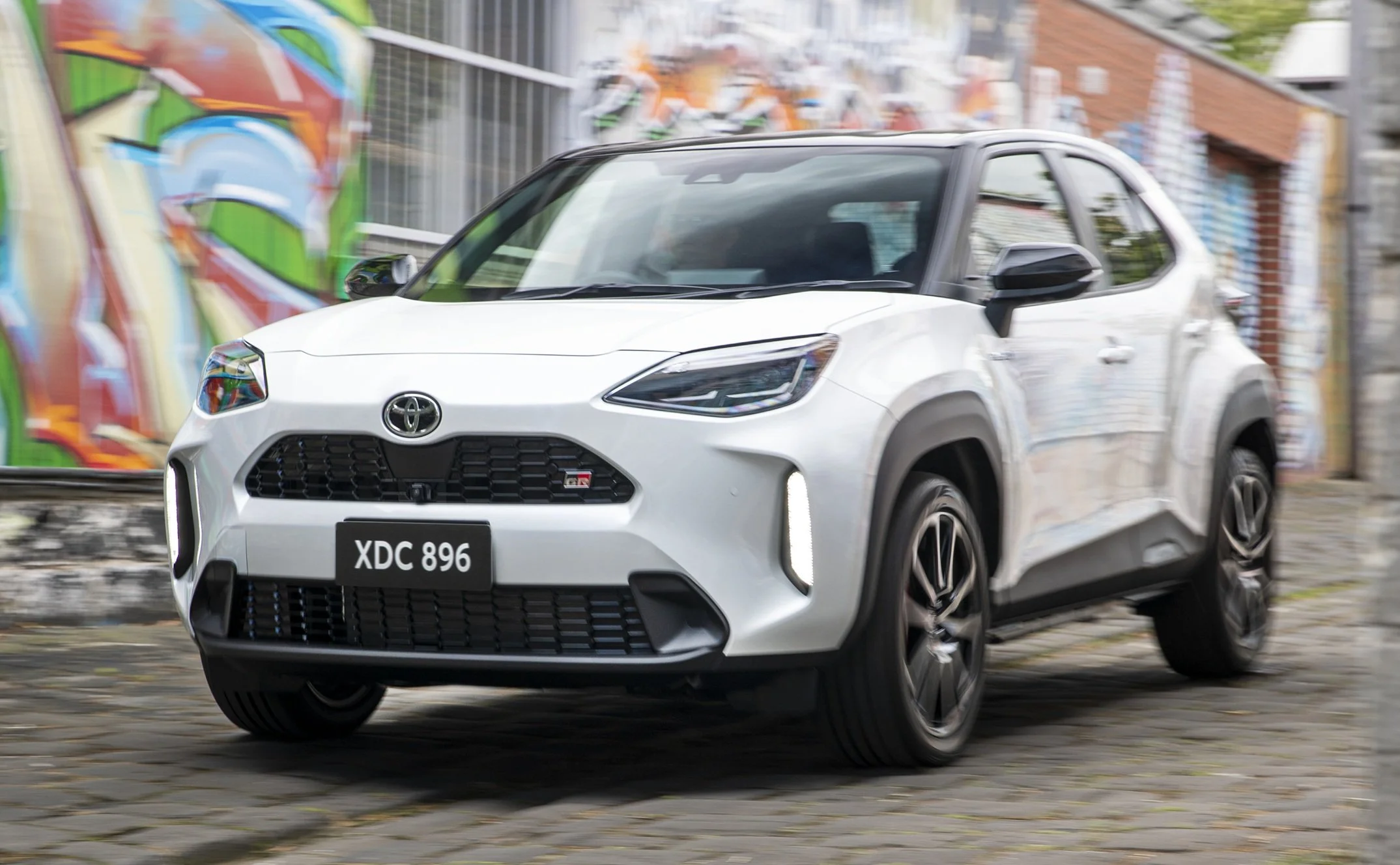

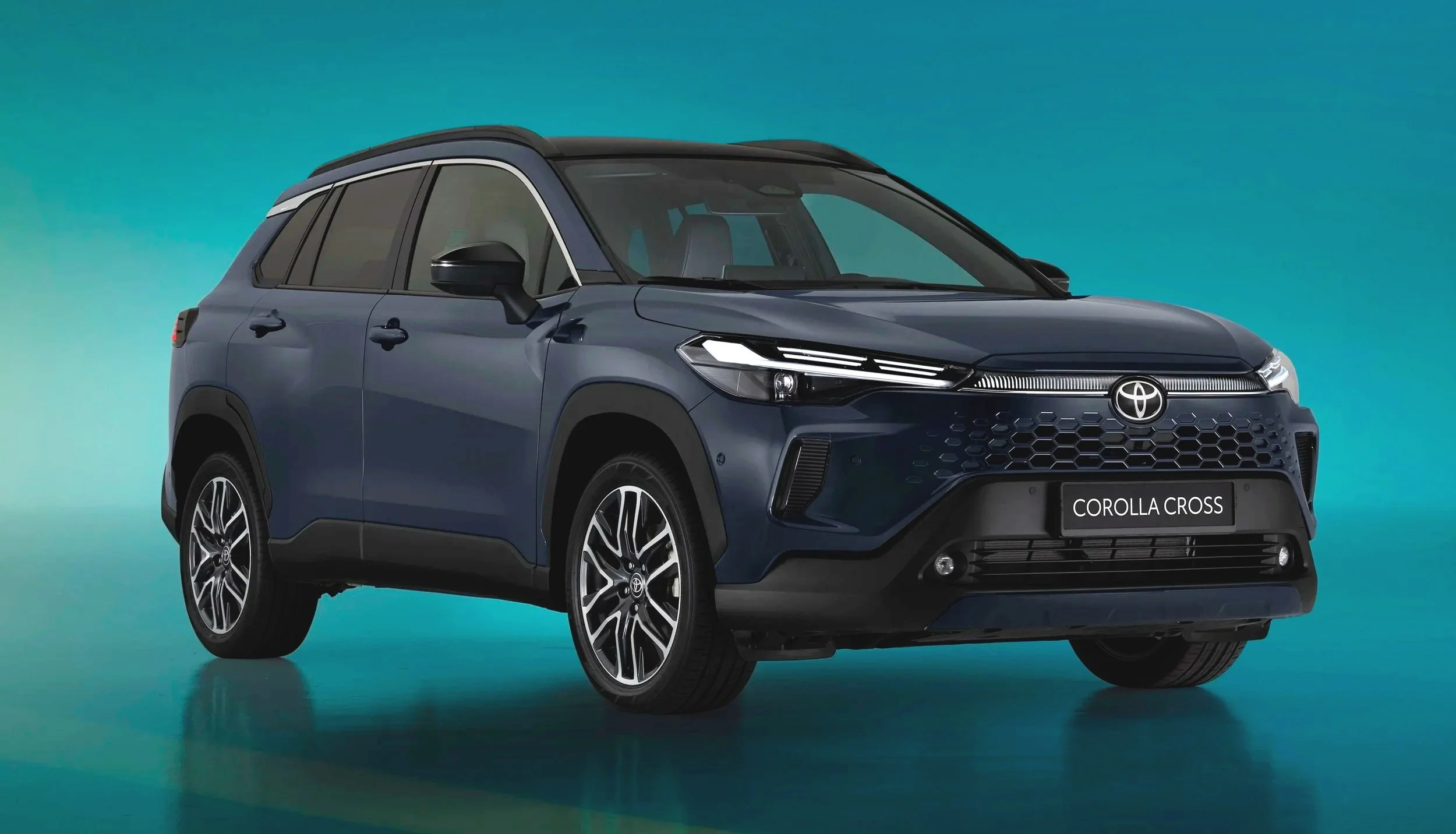

There’s plenty to like about the 7-seat Ford Everest for hardcore off-roading and heavy towing thanks to its big V6 diesel. But is it wise dropping up to $80K on Ford these days?